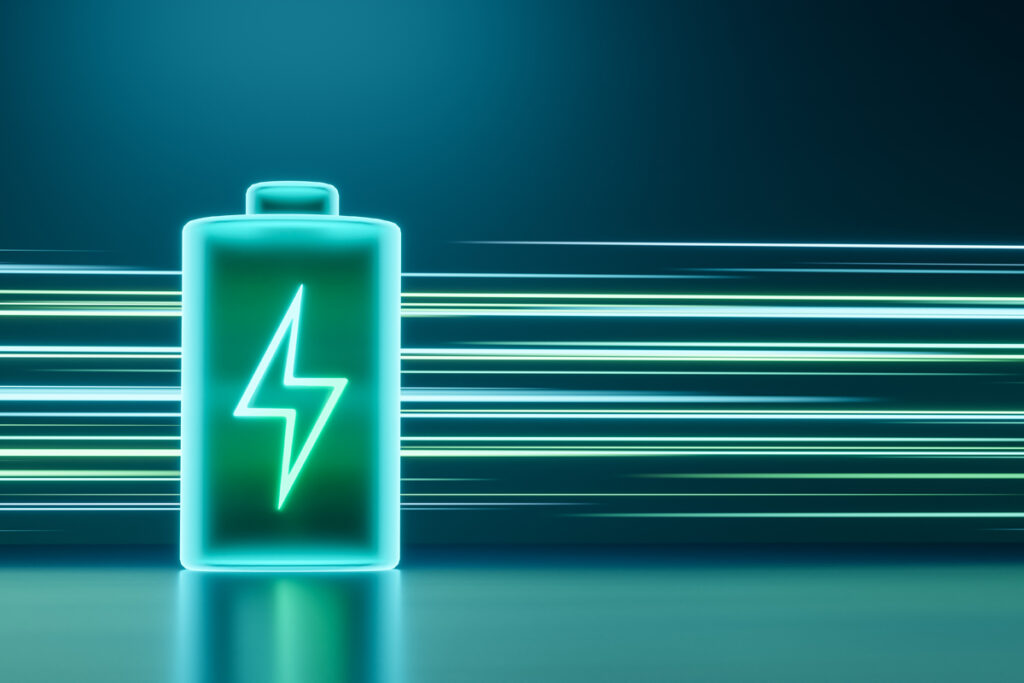Having the right battery for your winch is crucial for optimal performance and safety. In this guide, we’ll explore the different types of batteries suitable for winches, the factors to consider when choosing one, and some top recommendations.
Quick summary
For winch applications, choose a deep cycle or AGM battery for frequent and heavy-duty use, or a dual-purpose battery for occasional use.
Lithium-ion batteries offer lightweight, high-performance options, while considering battery capacity, size, and environmental conditions is crucial for optimal performance.
Check: Best winch Batteries
Understanding Winch Power Requirements
Voltage Needs (12V vs. 24V)

Winches come in different power configurations, primarily 12V and 24V. A 12V system is common in most vehicles, making it easier to integrate with your existing setup.
However, a 24V system can provide more power and is often used in heavier, more demanding applications.
The choice between 12V and 24V depends on your vehicle’s electrical system and the winching tasks you plan to undertake.
Amp Draw and Capacity Requirements
The amp draw of a winch is a critical factor to consider. This refers to the amount of current the winch motor requires during operation.
Higher amp draws demand more from the battery, affecting its lifespan and performance. It’s essential to match your battery’s capacity to the winch’s amp draw to ensure efficient operation.
Importance of Cold Cranking Amps (CCA)
Cold Cranking Amps (CCA) measure a battery’s ability to start an engine in cold temperatures.
While winches don’t start engines, a higher CCA rating indicates a battery’s robustness and ability to deliver power under heavy load conditions, which is beneficial for winching applications.
Types of Batteries Suitable for Winches
Choosing the right battery for your winch is essential for its optimal performance. Here’s a detailed look at the different types of batteries suitable for winches and their specific benefits and considerations.
Deep Cycle Batteries
Pros and Cons:
Deep cycle batteries are built to provide continuous power over an extended period. They are excellent for winching because they can endure repeated deep discharges without a significant drop in capacity.
However, these batteries tend to be heavier and more expensive compared to other types.
Ideal Use Cases:
Deep cycle batteries are best suited for scenarios where the winch is used frequently and for long durations.
They are also ideal for off-grid situations where you might not have frequent access to recharging facilities.
Dual Purpose Batteries
Features and Benefits:
Dual purpose batteries combine the characteristics of starting batteries and deep cycle batteries. They offer a mix of high cranking power and the ability to handle deep discharges, providing versatility for both starting the vehicle and winching.
When to Choose This Type:
Opt for dual purpose batteries if you need a single solution for both starting your vehicle and powering your winch. These batteries are perfect for occasional winch use, providing a balanced performance for varied tasks.
AGM (Absorbed Glass Mat) Batteries
Advantages for Winch Applications:
AGM batteries are known for their durability and are virtually maintenance-free. They are resistant to vibrations and can manage higher charge and discharge rates, making them highly suitable for winch applications.
Maintenance Considerations:
While AGM batteries require minimal maintenance, it’s still important to regularly check their voltage and keep them clean to ensure they last longer and perform reliably.
Lithium-Ion Batteries
Emerging Technology for Winches:
Lithium-ion batteries are gaining popularity due to their lightweight nature and superior performance. They provide a higher energy density, which means they pack more power into a smaller, lighter package.
Weight and Performance Benefits:
Lithium-ion batteries are significantly lighter than traditional lead-acid batteries, making them easier to handle and install. They also offer consistent power output even under heavy load conditions, which is beneficial for winching tasks.
Factors to Consider When Choosing a Winch Battery
Selecting the right battery for your winch involves evaluating several key factors to ensure it meets your specific needs. Here’s a closer look at these factors.
Battery Capacity (Ah)
Ampere-Hours (Ah):
Battery capacity, measured in ampere-hours (Ah), indicates how much power the battery can provide over time. A higher capacity battery can deliver power for a longer period before needing a recharge.
However, higher capacity batteries are usually larger and heavier, so you need to balance capacity with the physical constraints of your vehicle.
Size and Weight Constraints
Physical Dimensions and Weight:
The size and weight of the battery are crucial, especially if your vehicle has limited space. A compact and lightweight battery is easier to install and handle. Measure the available space in your vehicle and compare it with the battery’s dimensions to ensure a proper fit.
Charging and Maintenance Requirements
Charging Needs:
Different types of batteries have specific charging requirements. Using the appropriate charger is essential to maintain battery health and efficiency. Follow the manufacturer’s guidelines for charging to avoid overcharging or undercharging, which can shorten the battery’s lifespan.
Maintenance:
Some batteries, like AGM and lithium-ion, are low-maintenance, while others may require regular checks and upkeep. Understand the maintenance needs of your chosen battery type to keep it in optimal condition.
Environmental Conditions
Temperature and Humidity:
Environmental factors such as temperature and humidity can significantly impact battery performance. For instance, extreme cold can reduce a battery’s efficiency, while high humidity can cause corrosion.
Choose a battery designed to withstand the environmental conditions you’ll encounter.
Frequency of Winch Use
Usage Frequency:
Consider how often you use your winch. If you use it frequently, invest in a high-capacity, durable battery that can handle repeated discharges. For occasional winch use, a standard battery may be sufficient and more cost-effective.
Regular users should opt for batteries with better performance and longevity to avoid frequent replacements.
Recommended Battery Configurations
Choosing the right battery setup for your winch can make a significant difference in performance and reliability. Here are some options to consider:
Single Battery Setup
Simple and Effective:
A single battery setup is the most straightforward option. It works well for light to moderate winching tasks. Make sure the battery has sufficient capacity (Ah) and Cold Cranking Amps (CCA) to meet the demands of your winch.
Best for:
- Occasional winch use
- Light-duty winching tasks
- Users looking for a simple, no-fuss solution
Dual Battery Systems
Increased Power and Reliability:
A dual battery system provides additional power and reliability. In this setup, one battery is dedicated to starting the vehicle, while the other is reserved for the winch. This separation ensures that your starting battery isn’t drained during winching operations.
Advantages:
- Prevents the starting battery from draining
- Provides extra power for heavy-duty winching tasks
- Increases overall reliability and performance
Best for:
- Frequent winch users
- Heavy-duty winching applications
- Off-road enthusiasts who need extra power
Battery Isolators and Their Benefits
Efficient Power Management:
Battery isolators are devices that keep the starting battery and the winch battery charged separately. This prevents one battery from draining the other, ensuring that both remain at optimal charge levels.
Advantages:
- Enhances reliability by keeping batteries charged independently
- Extends the life of both batteries
- Provides a consistent power supply for winching
Best for:
- Dual battery setups
- Users looking to maximize battery life and reliability
- Situations where consistent power management is crucial
Conclusion
Choosing the right battery for your winch is essential for safe and efficient operation. By understanding the different types of batteries and their specific requirements, you can select the best option for your needs.
Regular maintenance and proper handling will ensure your battery performs well for years to come.

